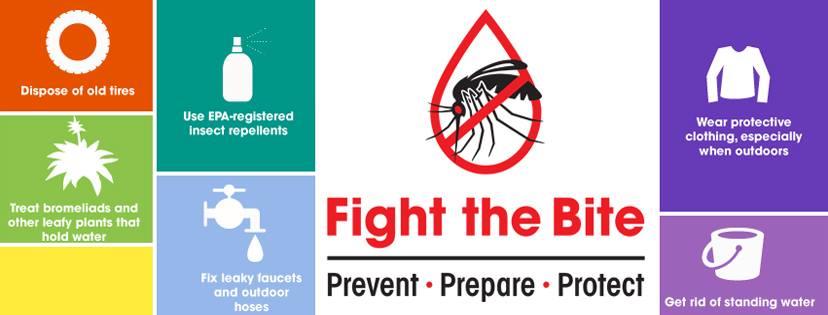Fight the Bite: Mosquito-Borne Diseases
Those pesky mosquitos can make you more than itchy. Of the six species of mosquitoes in Hawaii, two species are of primary concern that are active day and night. These species have been responsible and are capable of spreading Dengue, Zika, Chikunguya and other serious diseases. Jason Dela Cruz of the Department of Health explained the risks and prevention measures.
The two notorious mosquito species are Aedes Aegypti and Aedes Albopictus. A. Aegypti seems to prefer the warmer west side of the island, while A. Albopictus seems to prefer the wetter east side. Currently, A. Aegypti is found only on the Big Island; the other islands were able to eradicate this species. A. Aegypti is more likely to spread viruses like Zike and dengue than other species of mosquitoes. The mode of transmission is usually from an infected traveler or returning resident who is then bitten by one of our mosquitoes.
Hawaii susceptible due to year-round warm and moist climate. At the turn of the century, Hawaii had huge outbreaks of dengue. The next largest Dengue outbreak occurred on Maui in 2002. Globally, dengue has increased 30-fold in the last 50 years. We should be prepared for continuing trend of dengue incidents due to urbanization and increases in global travel and commerce.
There are four known strains of dengue (DENV-1,2,3,4). The good news is that there is a lifelong immunity to the same type of dengue. The bad news is that a reinfection by a different strain has an increased risk of more severe symptoms. The 2015-16 outbreak was DENV-1.
The DOH website promotes the following preventive measures:
- Reduce mosquito havens-- dispose of old tires; treat plants that hold water such as bromeliads; fix leaky outdoor faucets and hoses; get rid of any other standing water
- Minimize opportunity to be bitten-- wear long sleeves especially at dusk; use EPA-registered insect repellents
- When traveling abroad, check the Center for Disease Control (CDC) website for helpful tips to stay healthy.
The DOH would like to enlist Rotary to spread the word, especially when an outbreak occurs.


.jpeg?_=636278936765086491)